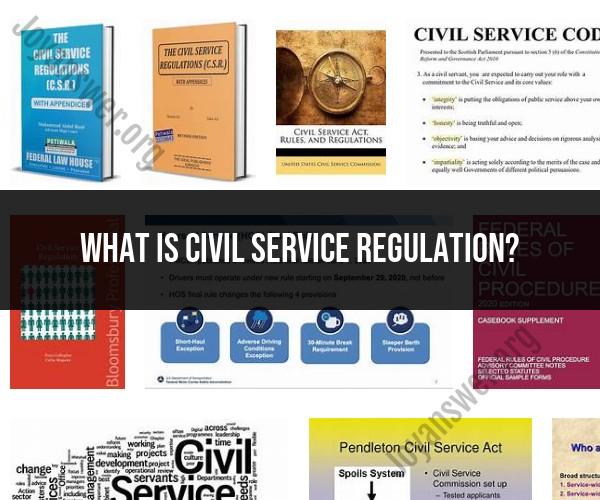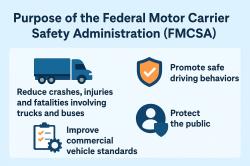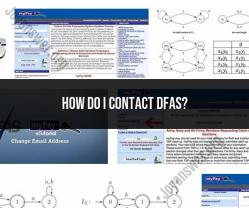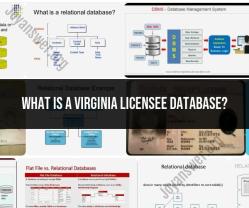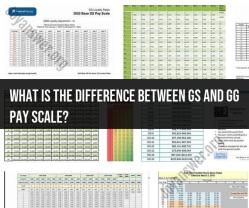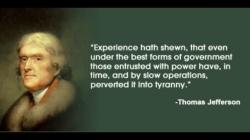What is Civil Service Regulation?
Civil Service Regulation refers to a set of rules, policies, and regulations that govern the recruitment, employment, and management of civil servants or government employees within a public administration or government agency. These regulations are designed to ensure the fair and effective functioning of the civil service, promote professionalism, maintain ethical standards, and uphold the principles of merit-based hiring and promotion.
Key aspects of Civil Service Regulation typically include:
Merit-Based Recruitment: One of the fundamental principles of civil service regulation is the recruitment and selection of employees based on their qualifications, skills, and abilities, rather than political affiliations or nepotism. This helps ensure that the most qualified individuals are hired for government positions.
Job Classification and Compensation: Regulations often establish job classifications, salary scales, and benefit packages for civil servants. This ensures fairness and transparency in compensation and helps attract and retain talented individuals in public service.
Equal Opportunity and Non-Discrimination: Civil service regulations typically mandate equal employment opportunity and prohibit discrimination on the basis of factors such as race, gender, religion, age, or disability. These regulations promote diversity and inclusivity within the government workforce.
Job Security: Civil service employees often enjoy job security protections, which means they can only be dismissed or disciplined for just cause, typically following a due process procedure. This helps insulate public employees from political pressures and arbitrary terminations.
Training and Professional Development: Regulations may require government agencies to provide training and professional development opportunities for civil servants to enhance their skills and competencies.
Ethical Standards: Civil service regulations often outline ethical standards and codes of conduct that civil servants must adhere to, including rules related to conflicts of interest, political neutrality, and confidentiality.
Performance Evaluation and Promotion: Regulations establish procedures for evaluating employee performance and criteria for promotions. These processes are typically based on merit and achievement.
Whistleblower Protections: Civil service regulations may include protections for whistleblowers who report unethical or illegal activities within the government. These protections are important for maintaining transparency and accountability.
Labor Relations: In some cases, regulations govern labor relations within the civil service, including collective bargaining rights for government employees.
Civil service regulations vary from one country to another and may also differ at the state or local government level. They are put in place to ensure that public administration functions efficiently, impartially, and in the best interests of the citizens it serves. Adherence to these regulations is crucial for maintaining public trust and confidence in government institutions.
Civil service regulation is a set of rules and procedures that govern the employment of civil servants. Civil servants are employees of the government who are responsible for carrying out the day-to-day operations of the government. They are typically hired through a competitive merit-based process and are subject to certain standards of conduct and performance.
Civil service regulations vary from country to country, but they typically cover the following areas:
- Recruitment and selection: Civil service regulations establish the procedures for hiring civil servants, including the types of exams and interviews that must be conducted.
- Promotion and transfer: Civil service regulations establish the procedures for promoting and transferring civil servants.
- Compensation and benefits: Civil service regulations establish the pay scales and benefits for civil servants.
- Discipline and termination: Civil service regulations establish the procedures for disciplining and terminating civil servants.
- Political activity: Civil service regulations typically restrict the political activities of civil servants.
Civil service regulations are important for ensuring that the government is staffed by qualified and impartial employees. They also help to protect civil servants from political interference and ensure that they are treated fairly.
Here are some of the benefits of civil service regulation:
- Merit-based hiring: Civil service regulations help to ensure that civil servants are hired based on their qualifications and experience, rather than their political connections.
- Job security: Civil service regulations help to protect civil servants from being fired for political reasons.
- Fair treatment: Civil service regulations help to ensure that civil servants are treated fairly and equitably.
- Accountability: Civil service regulations help to ensure that civil servants are accountable to the public.
Civil service regulation is an important part of good governance. It helps to ensure that the government is staffed by qualified and impartial employees who are dedicated to serving the public.
